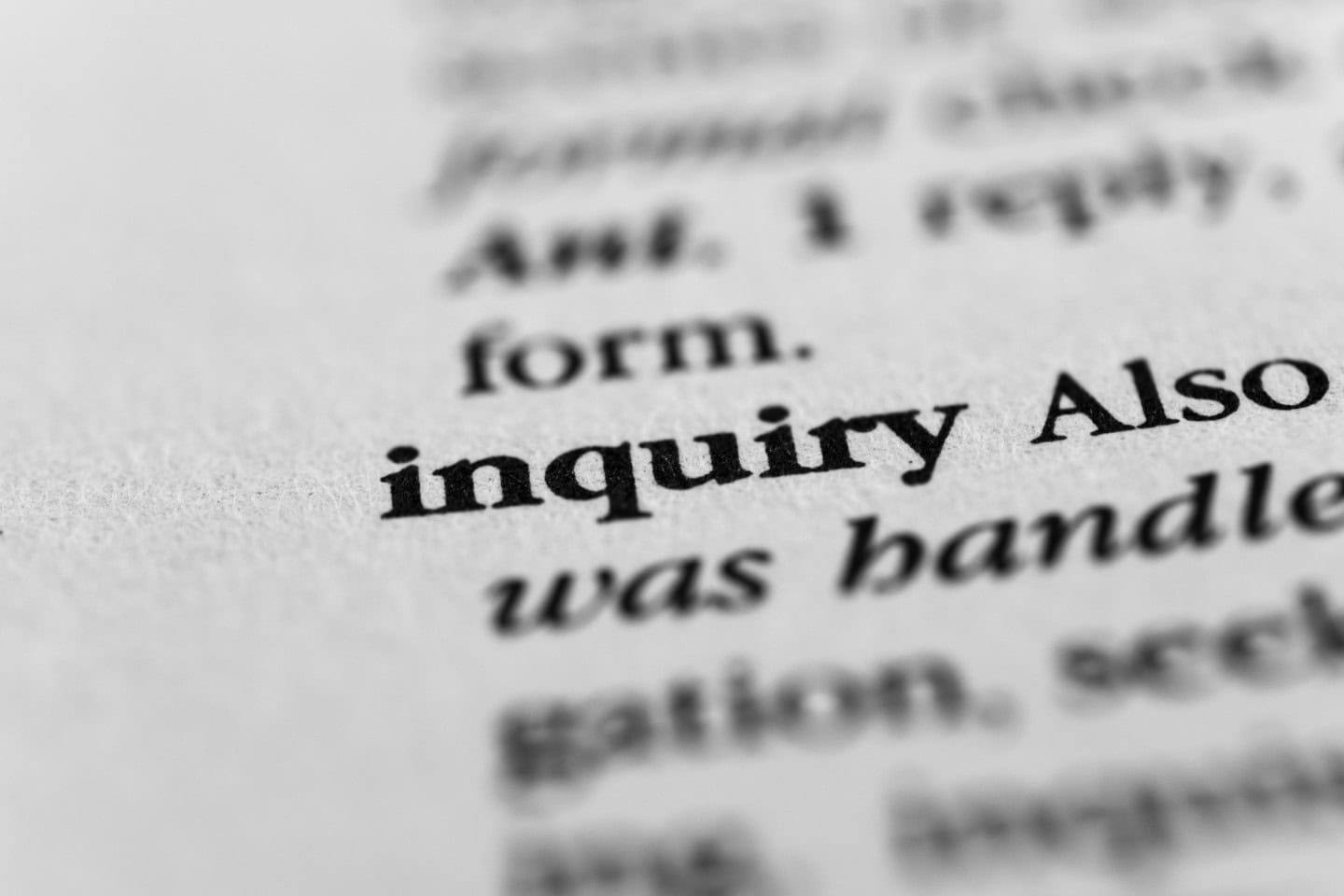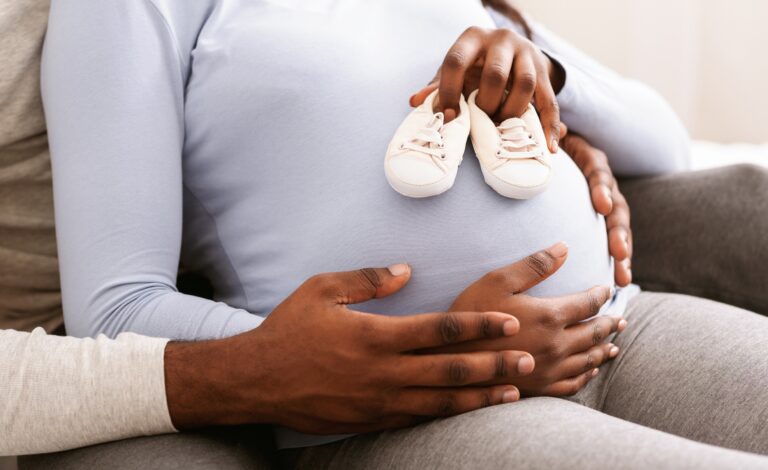
Stillbirth Inquests: Lessons to be learned
Stillbirth and neonatal death is an earth-shattering, life-changing loss and one of the worst things anyone can imagine going through. It is also something that is incredibly difficult to talk about. It is so much more than the loss of a baby – it is the loss of a part of you that can never be replaced, the loss of future hopes and dreams that you had for the baby you carried for all those months and the loss of feeling like a ‘real’ mum or dad.
If a baby dies before 24 weeks of pregnancy, the NHS classes this as a miscarriage. The loss of a baby after 24 weeks of pregnancy is described as stillbirth. If a baby dies after they have been born alive, this is known as neonatal death.
Stillbirth and neonatal death is often an unavoidable tragedy. However, in some cases, stillbirth or neonatal death can be the result of medical negligence during pregnancy, labour or delivery. Where it can be established that without the negligence the baby would have been born alive and well, bereaved families deserve justice and will be entitled to compensation.
What is an inquest?
An inquest is an inquiry that is led by a coroner. A coroner is completely independent and either legally qualified, medically qualified, or both. Coroners investigate when either the cause of death is unknown, there is reason to think that the death may not be due to natural causes or an inquiry is needed for some other reason.
The purpose of an inquest is to answer five questions:–
- Who died?
- What happened?
- Where did these events happen?
- When did the events take place? And
- How did this happen?
In some cases, it is not clear exactly what has happened to cause a baby to be stillborn or pass away soon after birth. If a baby was born alive, but died shortly afterwards, a formal inquest can be called to work out what has caused the baby to die. If a baby is stillborn, the law does not currently allow for an inquest to be carried out as a matter of course.
At present, a coroner can only make enquiries into the death of babies who were born alive. If it is not clear whether a baby was alive at birth the coroner can investigate this, but if this is not in dispute there cannot be an inquest. This means that families can be left without answers and without the knowledge that lessons will be learned to prevent other families going through the same heartbreak.
A recent Government consultation on this point in 2019 has proposed that coroners should have the powers to investigate all full term stillbirths and consider whether lessons can be learned. This has yet to be implemented.
Why are inquests important?
Inquests are important because coroners are completely independent and can make recommendations for changes and highlight lessons to be learned as a result of the tragedy. The national collaborative programme MBRRACE-UK has found that stillbirth and neonatal death can happen in situations that are preventable, such as:
- Inadequate monitoring of foetal growth
- Inadequate investigations following reduced foetal movement
- Failure to monitor adequately during labour
- Failure to admit mum to hospital in labour
- Failures in resuscitation
- Failures in neonatal care
It is my hope that we see a change in the law soon to allow for independent investigation and scrutiny into stillbirths. I hope that this will help families by allowing their voices to be heard and mean that important lessons are learned to prevent future tragedies.
Support
Often, parents who have lost a baby can feel completely alone. It is so important to make sure you seek support from your GP, a specialist counsellor or from brilliant charities such as SANDS and Tommy’s who provide support and access to support groups full of others who will have similar experiences and better understand how you feel..
If you think that the loss of your baby might be as a result of negligent medical treatment, you should seek the opinion of an expert lawyer as soon as possible. You may be able to bring a claim for medical negligence against the hospital or team that treated you during your pregnancy and labour. In legal terms, a baby is only classed as a separate person after they have been born. Before birth, a baby is considered to be legally part of their mother and therefore the same person. This means that you may also have a claim for any psychiatric injury you sustain as a result of your heart-breaking loss. My strongly held view is that until the law around inquests changes, a claim in medical negligence is the only way that families can have their voice heard and get the answers they deserve.
Return to the Women’s Health Hub










